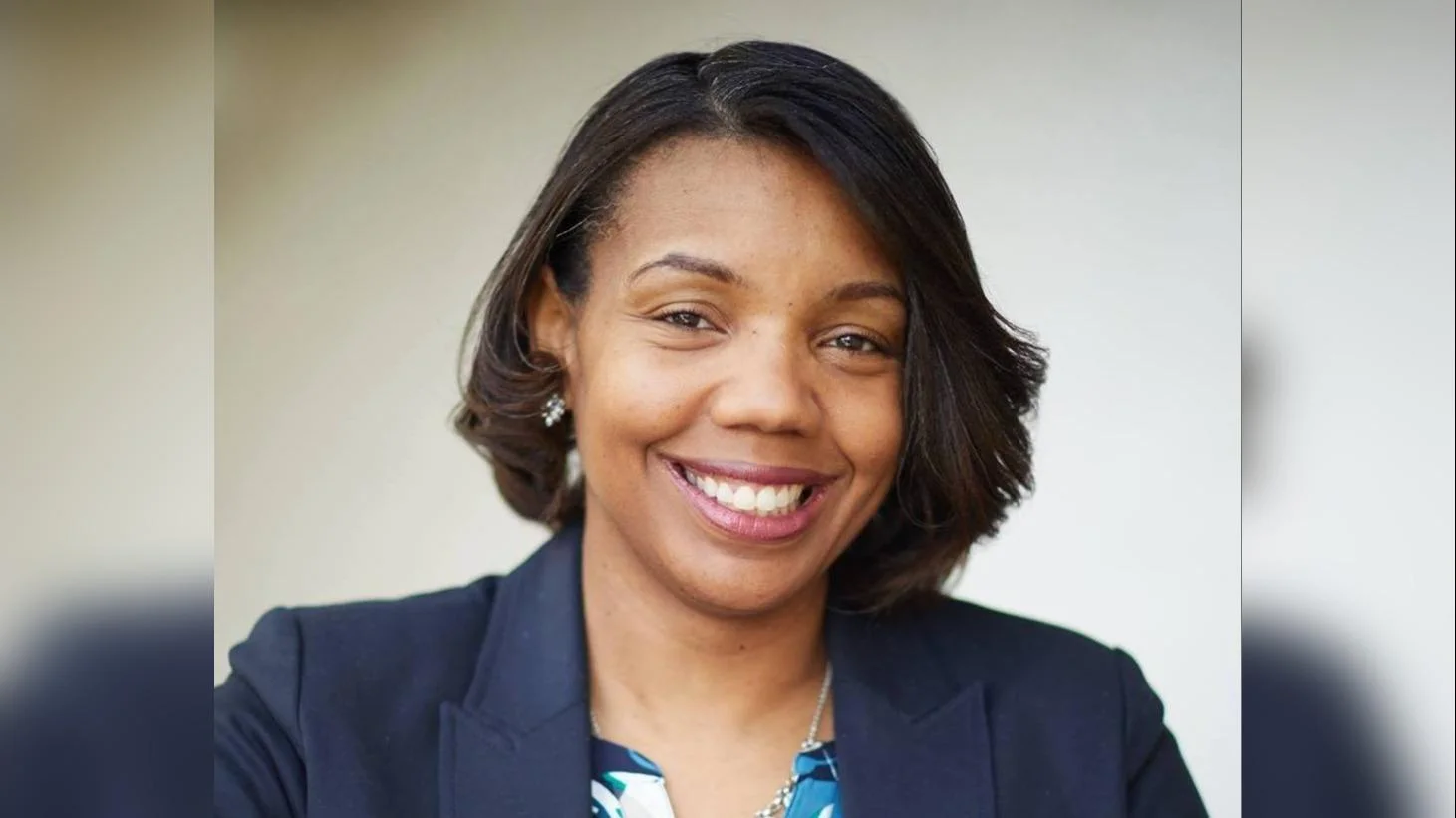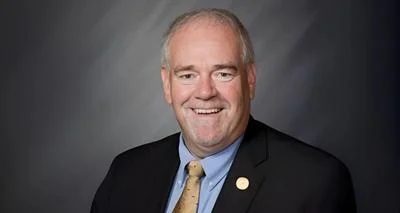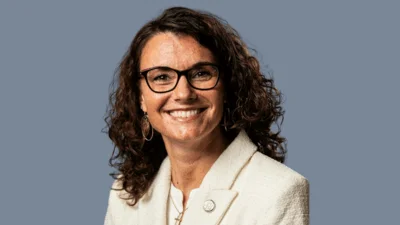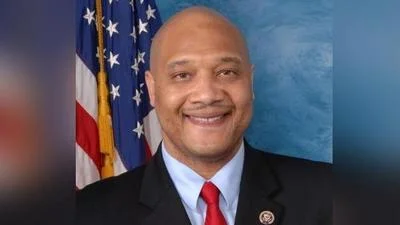Dr. Aleesia Johnson Superintendent | Facebook Website
Dr. Aleesia Johnson Superintendent | Facebook Website
The Indianapolis Public Schools (IPS) Board of School Commissioners has outlined its recommendations to the Indianapolis Local Education Alliance (ILEA) regarding the future of public education in the city. In a letter addressed to ILEA members, the board emphasized the importance of maintaining democratic governance, improving accountability, and ensuring sustainable funding for all public schools within IPS boundaries.
The board called for continued oversight by elected officials, stating: "Public education belongs to the people of Indianapolis, not to appointed bodies. As elected officials, we are entrusted by our community with the fiduciary responsibility for millions in public assets and the educational futures of thousands of children. This trust comes with the power of their vote—a cornerstone of our democracy that must not be undermined."
Highlighting concerns about fragmented school authorization in Indianapolis, the board recommended reducing authorizers to one entity—the Office of Education Innovation (OEI)—and establishing a unified quality framework. They stated: "Our community needs a streamlined, transparent accountability system that sets clear expectations for all public schools, regardless of governance model."
Addressing issues related to school capacity and resource allocation, IPS noted that there are currently 103 schools serving approximately 41,000 students within district boundaries. The board argued against adding new schools and instead urged strategic planning and right-sizing: "We do not need any more schools in the IPS boundary. The long-term success of Indianapolis students depends on right-sizing the number of schools within the boundary—ensuring we have the right number of schools, in the right places, to serve all students effectively."
Funding was also identified as a key concern. The letter stated: "Any recommendations from the ILEA must acknowledge and address the reality of adequate funding for public education. We cannot implement excellence without the resources to support it." The board challenged ILEA to clearly define both minimum and maximum costs required per student and encouraged transparency about financial implications.
On transportation services, IPS pointed out current limitations due to budget constraints but expressed willingness to expand support if additional resources become available: "We urge you to request the funding resources for transportation to match the level of excellent transportation services being requested for all students within the IPS boundaries." Currently, IPS provides transportation for 70% of public school students within its area.
Regarding school facilities, IPS stressed that buildings should remain under local stewardship rather than being transferred or sold through mechanisms such as Indiana’s "$1 law." The board wrote: "Our school buildings are more than physical structures—they are community assets... Responsibility for these public assets must remain with elected officials who are accountable to voters as transparent stewards."
The commissioners rejected proposals suggesting an all-charter system as a solution for local education challenges. They referenced ongoing low proficiency rates across both traditional and charter schools after two decades since charter introduction: "Twenty years after the launch of charter schools in our city, student achievement remains low, with collective proficiency rates yet to reach 30% regardless of school type."
In closing their letter, board members reiterated their commitment to collaboration with ILEA and other stakeholders: "As members of the Board of School Commissioners of the City of Indianapolis, we stand ready to work with our community, for our community, and in our community. Nothing less than these collaborative efforts will achieve the outcomes we all desire for our students."
The letter was signed by Angelia L. Moore (President), Hope Duke Star (Vice President), Deandra Thompson (Secretary), Dr. Nicole Carey (Commissioner), Dr. Gayle Cosby (Commissioner), Allissa Impink (Commissioner), and Ashley Thomas (Commissioner).






 Alerts Sign-up
Alerts Sign-up